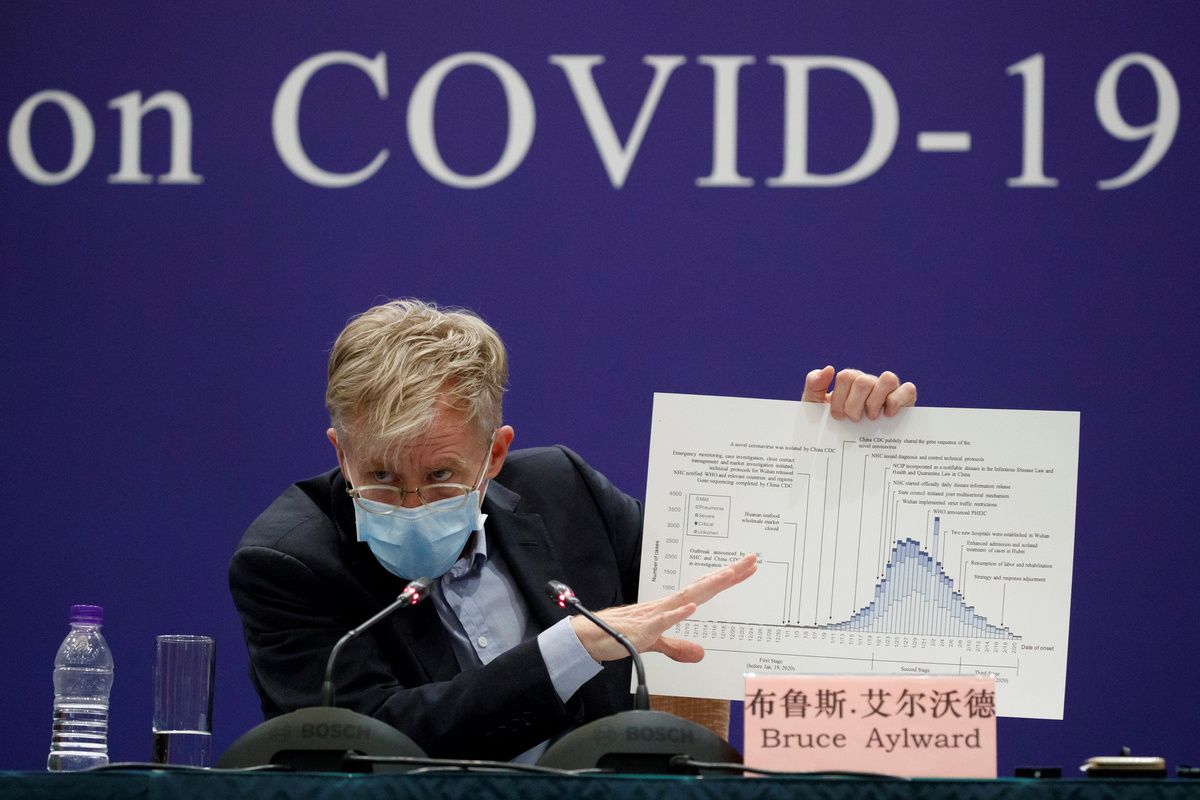Bonds to offset economic impact from virus in Europe

A few minutes every morning is all you need.
Stay up to date on the world's Headlines and Human Stories. It's fun, it's factual, it's fluff-free.
The European Central Bank (ECB) has announced a new quantitative easing (QE) program to help the European economy deal with the coronavirus pandemic.
The ECB will be buying bonds worth US$818 billion (€750 billion) in a new program called The Pandemic Asset Purchase Program to help cushion the economy from recession due to the poor performance of the European stock markets.
Extraordinary times
According to ECB President Christine Lagarde, the bond-buying program will continue until the end of the year and beyond 2020 if necessary. “Extraordinary times require extraordinary action. There are no limits to our commitment to the euro. We are determined to use the full potential of our tools, within our mandate,” Lagarde tweeted on March 19.
“The Governing Council is fully prepared to increase the size of its asset purchase programs and adjust their composition, by as much as necessary and for as long as needed,” the ECB said in a statement.
The central bank’s balance sheet will be massively increased to keep the financial system liquid, injecting money into the banking system, which would, in turn, calm nervous investors. However, according to the statement, the ECB will explore “all options and all contingencies to support the economy through the shock.”
Stocks plunge
With industries such as aviation negatively affected by the coronavirus pandemic, global stocks entered bear market territory on March 11, breaking an 11-year bull market run. Asian shares in countries like Singapore, Australia, Japan, Thailand, the Philippines and Indonesia are undergoing a volatile market and have entered bear territory.
Despite central banks injecting money into the banking system, a global economic recession is likely to take place. While most countries affected by the coronavirus are practicing government-mandated home quarantine and social distancing, economic damage cannot be prevented due to unemployment and lack of investor confidence.
“Over the last few days, the situation in Italy, broader Europe and the US has deteriorated significantly. While most governments and private sector companies in these economies are initiating more stringent social distancing measures to contain the spread of the virus, the economic damage will be severe,” Morgan Stanley chief economist Chetan Ahya told clients on March 17.
[article_ad]
Have a tip or story? Get in touch with our reporters here!




Comments ()